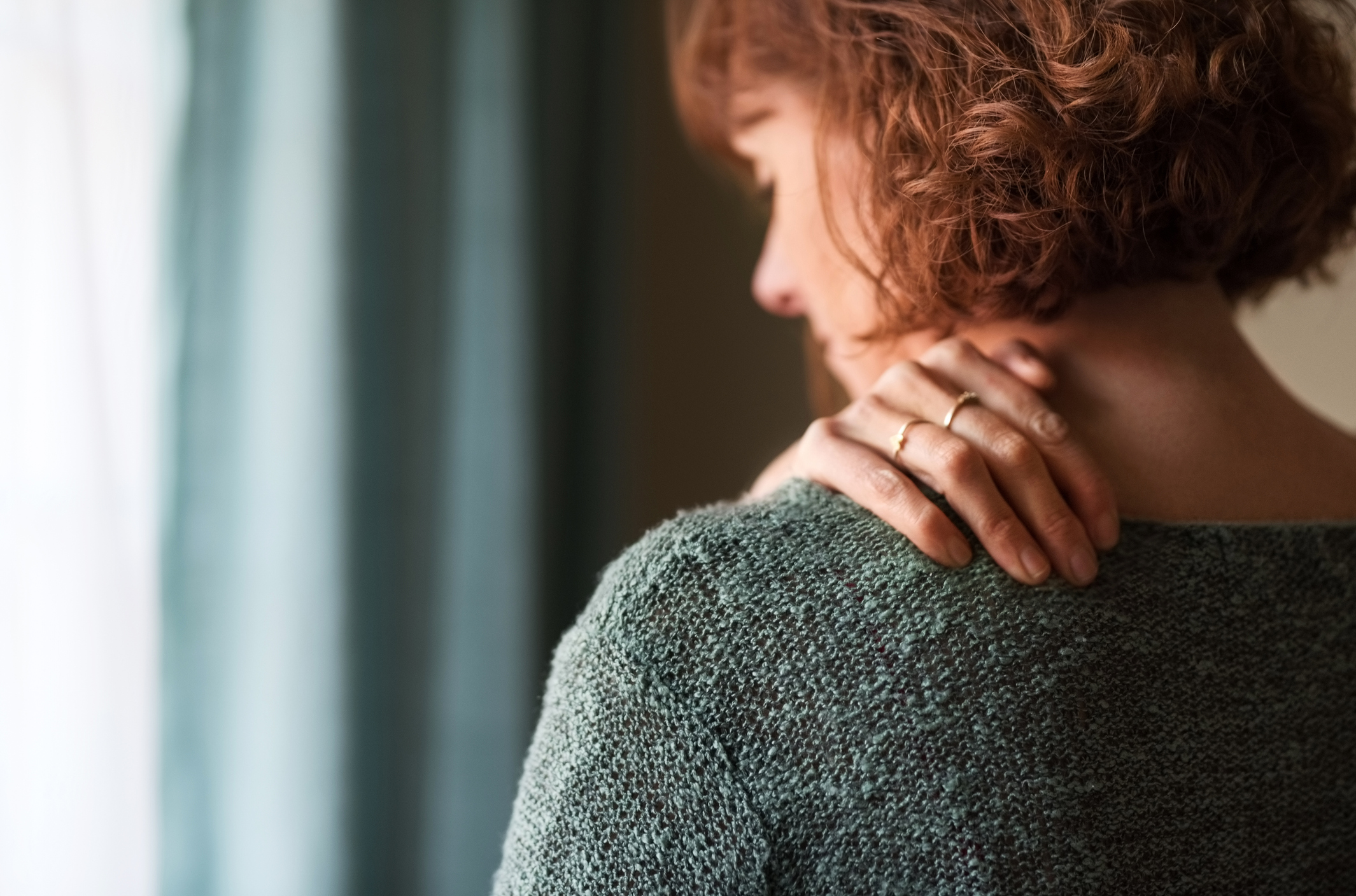Get Easy Health Digest™ in your inbox and don’t miss a thing when you subscribe today. Plus, get the free bonus report, Mother Nature’s Tips, Tricks and Remedies for Cholesterol, Blood Pressure & Blood Sugar as my way of saying welcome to the community!
For women, heart attack can be doubly deadly

About a year ago I had a heart scare. I recognized the pain radiating from my chest up my arm and into my jaw as one of the symptoms of heart attack in women.
Once in the ER, I saw a doctor right away, and she immediately ordered a battery of tests that showed I had not had a heart attack — but I spent a few hours in the cardiac monitoring unit just to be sure.
I was impressed with the prompt and thorough care I received because I know it’s not often that way for women. In fact, as women, we’re more likely to be put off and even ignored when it comes to serious symptoms.
All too often doctors may brush off the problems we’re experiencing as anxiety or depression. This attitude is especially risky when it comes to heart attack.
Previous research has shown women face a 20 percent higher risk than men of developing heart failure or dying within five years after their first severe heart attack.
And a new study out of Europe paints an even grimmer picture….
Heart attack is deadlier for women
The study compared short- and long-term outcomes after ST-elevation myocardial infarction (STEMI) in women and men and examined whether age at the time of heart attack made any difference in the comparison. STEMI is a less common, more serious form of heart attack.
The study included 884 patients admitted with STEMI and treated with stents within 48 hours of symptom onset. Women tended to be older than men, with an average age of 67 versus 60, and had higher rates of high blood pressure, diabetes and prior stroke. Men were more likely to be smokers and have coronary artery disease.
Previous research has shown that women with STEMI have a worse prognosis during their hospital stay than men. The studies found the difference may be due to the women’s older age, higher number of pre-existing conditions and less use of stents to open their blocked arteries.
In this study, the amount of time between symptoms and stent treatment didn’t differ between women and men overall. However, women aged 55 and below had a significantly longer treatment delay after arriving at the hospital than their male peers, averaging out at 95 minutes versus 80 minutes for men.
The risk of adverse outcomes between women and men was compared after adjusting for factors that could influence the relationship, like diabetes, high cholesterol, hypertension, coronary artery disease, heart failure, chronic kidney disease, peripheral artery disease, stroke and family history of coronary artery disease.
And it was grim:
- When looking at outcomes at 30 days, 11.8 percent of women had died compared to 4.6 percent of men.
- At five years, 32.1 percent of women had died versus 16.9 percent of men.
- Within five years, 34.2 percent of women experienced a major adverse cardiovascular event (MACE) compared with 19.8 percent of men.
All told, the women in the study were more than twice as likely to die after a heart attack than the men.
“Women of all ages who experience a myocardial infarction are at particularly high risk of a poor prognosis,” says study author Dr. Mariana Martinho of Hospital Garcia de Orta, Almada, Portugal. “These women need regular monitoring after their heart event, with strict control of blood pressure, cholesterol levels and diabetes, and referral to cardiac rehabilitation.”
Martinho adds that the rising levels of smoking in young women need to be addressed, “along with promoting physical activity and healthy living.”
Know your symptoms
While the researchers did not examine the reasons for these differences, they say genetic predisposition and atypical symptoms of heart attack in women may play a role.
Some of these atypical heart attack symptoms in women include:
- Discomfort in your neck, back, arms or jaw
- Indigestion
- Nausea
- Vomiting
- Shortness of breath
- Lightheadedness
- Breaking out in a cold sweat
“The findings are another reminder of the need for greater awareness of the risks of heart disease in women,” Martinho says. “More research is required to understand why there is gender disparity in prognosis after myocardial infarction so that steps can be taken to close the gap in outcomes.”
If you’re a woman and experience one or more of the symptoms mentioned above, call 911. Be clear and specific when you describe your symptoms to medical personnel and don’t let them brush you off. It also helps if you can bring someone with you to give you support in advocating for care.
Editor’s note: There are perfectly safe and natural ways to decrease your risk of blood clots including the 25-cent vitamin, the nutrient that acts as a natural blood thinner and the powerful herb that helps clear plaque. To discover these and other secrets of long-lived hearts, click here for Hushed Up Natural Heart Cures and Common Misconceptions of Popular Heart Treatments!
Sources:
Women more likely to die after heart attack than men — EurekAlert!
Heart Attack Symptoms in Women — American Heart Association














